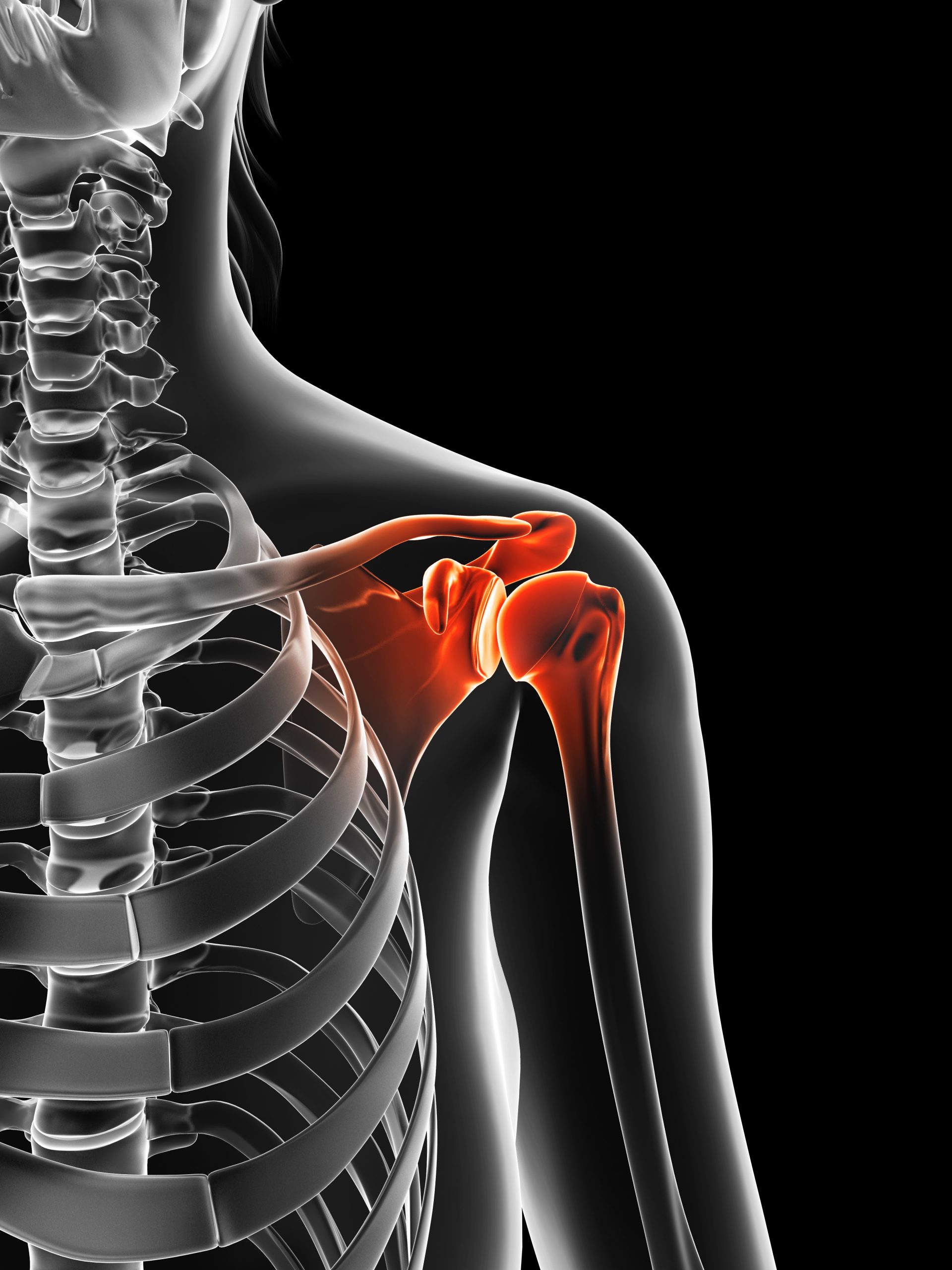Dislocated shoulder
A dislocated shoulder is an injury in which your upper arm bone pops out of the cup-shaped socket that's part of your shoulder blade. The shoulder is the body's most mobile joint, which makes it susceptible to dislocation.
If you suspect a dislocated shoulder, seek prompt medical attention and take Shoulder Dislocation Treatment. Most people regain full shoulder function within a few weeks. However, once you've had a dislocated shoulder, your joint may become unstable and be prone to repeat dislocations.
Symptoms
Dislocated shoulder signs and symptoms may include:
Shoulder dislocation may also cause numbness, weakness or tingling near the injury, such as in your neck or down your arm. The muscles in your shoulder may spasm from the disruption, often increasing the intensity of your pain.
When to see a doctor
Get medical help right away for a shoulder that appears dislocated.
While you're waiting for medical attention:

Sports Medicine
Causes
The shoulder joint is the most frequently dislocated joint of the body. Because it moves in several directions, your shoulder can dislocate forward, backward or downward, completely or partially, though most dislocations occur through the front of the shoulder. In addition, fibrous tissue that joins the bones of your shoulder can be stretched or torn, often complicating the dislocation.
It takes a strong force, such as a sudden blow to your shoulder, to pull the bones out of place. Extreme rotation of your shoulder joint can pop the ball of your upper arm bone out of your shoulder socket. Partial dislocation — in which your upper arm bone is partially in and partially out of your shoulder socket — also may occur.
A dislocated shoulder may be caused by:
Risk factors
Males in their teens or 20s, a group that tends to be physically active, are at highest risk of shoulder dislocation.
Complications
Complications of a dislocated shoulder may include:
If you stretch or tear ligaments or tendons in your shoulder or damage nerves or blood vessels around your shoulder joint, you may need surgery to repair these tissues.
Prevention
To help prevent a dislocated shoulder:
Once you've dislocated your shoulder joint, you may be more susceptible to future shoulder dislocations. To avoid a recurrence, follow the specific strength and stability exercises that you and your doctor have discussed for your injury.
About Doctor:
Dr.KHALEELULLAH is a renowned gold medal award-winning Orthopaedician in Hyderabad. He has got extensive experience of more than 15 years and positioned himself as the best orthopedic surgeon in Telangana and Andhra Pradesh. He worked for nearly 8 years in the prestigious Nizams Institute of Medical Sciences(NIMS), Hyderabad where he acquired vast skills and knowledge about managing complicated orthopedic problems. He proved himself as the right Ortho Surgeon with MCH specialization with his deep interest in the area of joint reconstruction surgeries.

